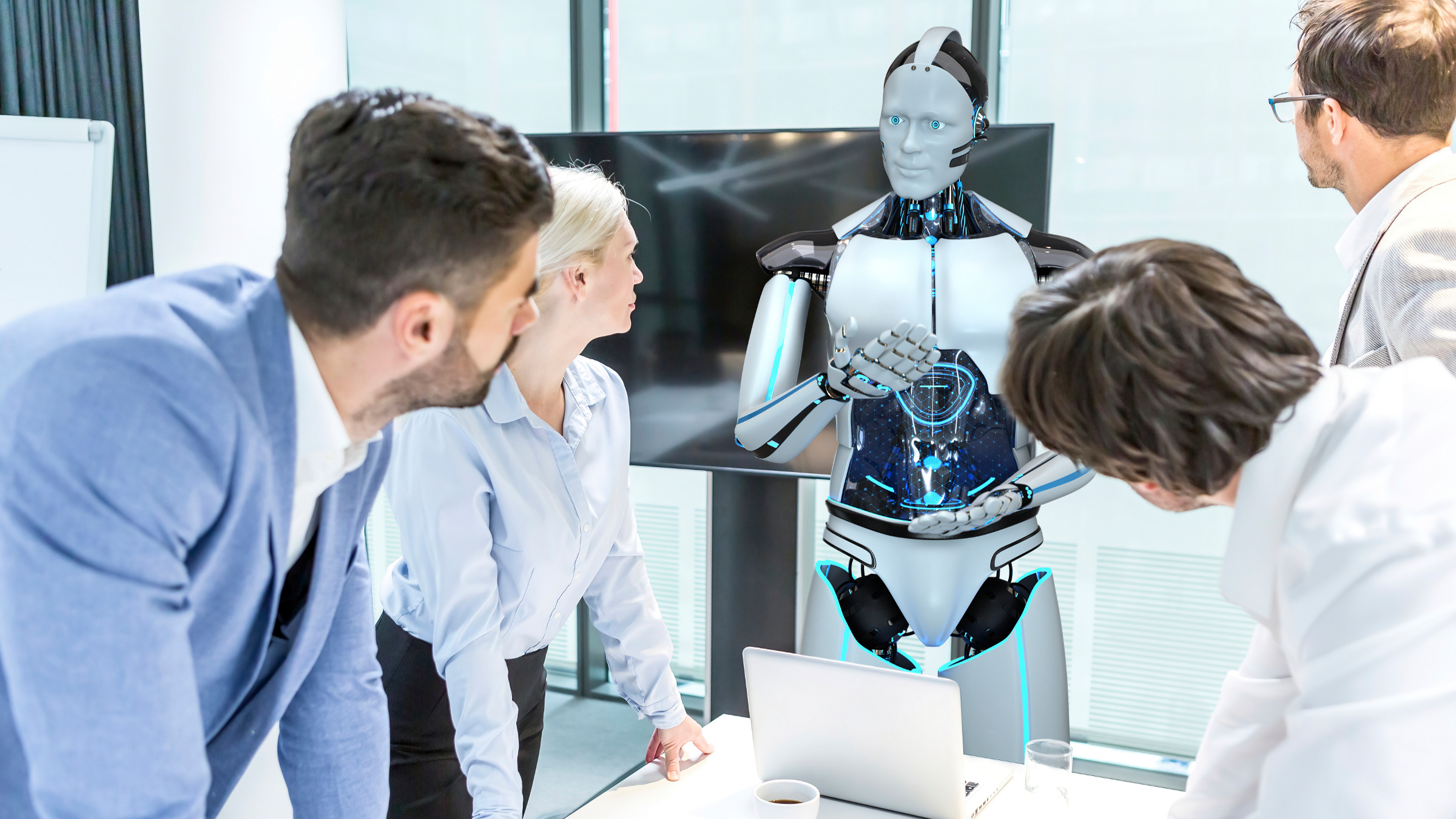
Criticism may not be agreeable, but it is necessary. It fulfills the same function as pain in the human body. It calls attention to an unhealthy state of things." —Winston Churchill, New Statesman interview, Jan. 7, 1939.
I am delighted to be joining Communications as a chair for the Viewpoints section. My goal is to fill Viewpoints with challenging and thought-provoking opinions from a diverse set of voices within the computing community including younger members, members with suggestions for changes in how ACM operates, and researchers in the social sciences who study the impact of computing technologies. I hope to stir some vigorous debate about the impact of computing for both good and ill, about how the ACM community itself functions, and about its role in society more broadly.
In 2018, members of the Future of Computing Academy (FCA) wrote a piece "It's Time to Do Something: Mitigating the Negative Impacts of Computing Through a Change to the Peer Review Process" (https://arxiv.org/abs/2112.09544). They argued that between the erosion of privacy, threats to democracy, and automation's effect on employment (among other issues), the computing research community should be doing more to address the downsides of our innovations. They suggested a change to the peer review process in which authors are asked to discuss not just the potential positive impacts of their work but also the broader negative impacts. They encouraged reviewers to reflect on the degree to which authors discussed complementary technologies, policy, or other interventions that could serve to promote positive uses and control negative uses. There have been applications of this model at conferences such as NeurIPS. The idea was covered in Nature (https://www.nature.com/articles/d41586-018-05791-w) and the New Yorker (https://bit.ly/3P6jml1), but within ACM, I have not seen it elevated as much as I think it deserves. Since then, ACM disbanded the FCA.
Too often in the computing community, we have focused solely on the positive uses of our technology and called it optimism. In some cases, we do not even need to imagine possible future negative impacts because there is already clear evidence of misuse today.a Imagine if we were to design a nuclear power plant but failed to imagine the negative consequences of accidents or malicious use. Would we call it optimism, or even responsible, if we focused on the benefits of power production, but failed to design sensors, plan mitigation strategies, or implement multiple levels of defenses against attacks? Computing has long outgrown the phase where "move fast and break things" is acceptable and even outgrown the phase in which not investing substantial resources in anticipating how things could break is acceptable. Other fields such as civil engineering and medicine insist on strong evidence of safety up front, rather than promoting a culture of "trial and error" in the face of anticipatable risks. As a longtime member of the ACM Technology Policy Council, I would love to see Viewpoints be a platform for connecting potential mitigations of the negative impacts of computing at the technology level with policy interventions that might be possible in different jurisdictions around the world.
Beyond facing the negative impacts of computing technologies, we are grappling with substantial concerns about how the ACM community governs itself. Communications has been a place for bold calls to question the relationship of elected leaders and ACM staff (https://bit.ly/37Znp1u) and how we apply the ACM Code of Ethics (https://bit.ly/3KGjT9u) in light of growing evidence of the harms from the surveillance capitalism model. Other Communications' articles have discussed tragic failures of the peer review system and their consequences (https://bit.ly/3vErNvY). I recently organized a chance for members to ask questions of the candidates running for ACM President (https://tinyurl.com/acmelection2022) and from this I know that members have substantial concerns about the pace of the transition to Gold Open Access, ACM's diversity and inclusion initiatives, the ACM Awards process, the impact of conferences and computing technologies on climate change, the state of ACM's Digital Library, and much more. I would like Viewpoints to be a forum for discussing these important concerns and exploring concrete proposals for change.
In my experience, ACM has not always been an organization that embraces voices critical of computing or of ACM processes. Embracing critical voices is an important step in involving younger members such as those from the FCA and generally to making ACM a broad tent with room for members of the computing community broadly defined. I see Viewpoints playing an important role in both highlighting and responding substantively to critical voices. I hope this can help ACM embrace the feedback essential to growth and long-term sustainability.
Please consider reaching out with ideas for Viewpoints. We look forward to hearing from you.



Join the Discussion (0)
Become a Member or Sign In to Post a Comment